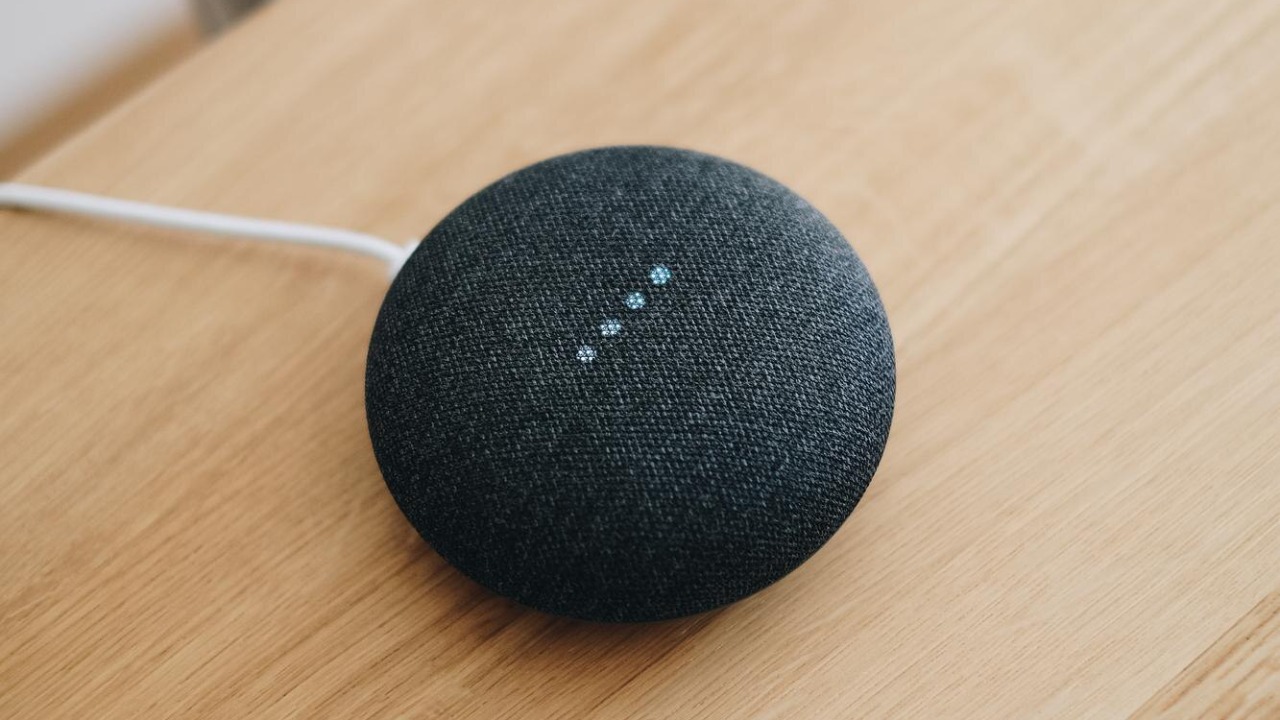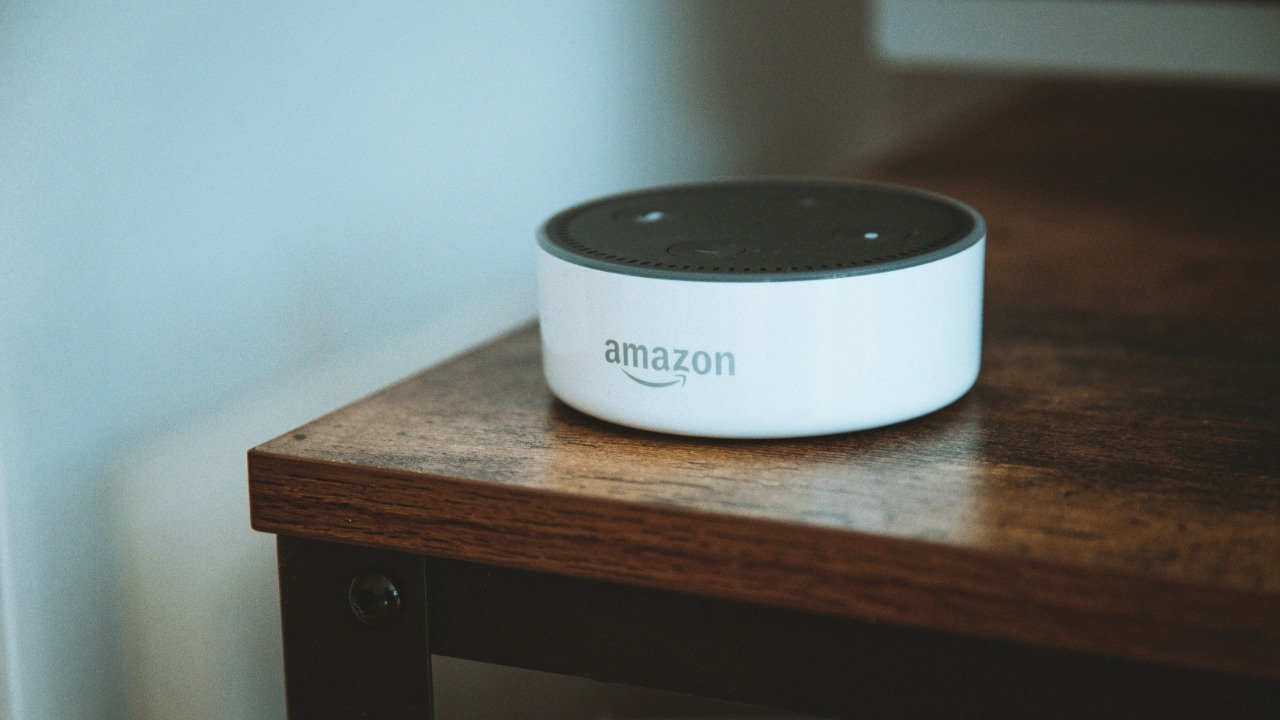
As the reach of technology continues to expand in our daily lives, AI assistants have become a common presence. Yet, a lesser-known fact is the potential of these AI assistants to analyze our voices for indications of emotion, often without our explicit knowledge or consent.
The Science of Sentiment Analysis

AI technology’s ability to detect emotion through voice hinges on the science of sentiment analysis, also known as emotional AI or Emotion AI. This involves the use of machine learning and natural language processing (NLP) to analyze and interpret human emotions from voice data. By recognizing specific patterns and intonations in our speech, AI can understand not just what we’re saying, but how we’re feeling when we say it.
This science also encompasses voice biometrics, a field that is gaining significant attention. Voice biometrics refers to unique physiological and behavioral characteristics that can be extracted from a person’s voice. This data can offer deeper insights into a person’s emotional state. For example, a stressed individual may speak more rapidly, or their voice may tremble — subtle cues that an AI powered by advanced voice biometrics could pick up on.
AI Assistants: More than a Helper

AI assistants are now capable of much more than just setting alarms or playing music. They can execute complex tasks, learn from user interactions, and even respond to emotional cues. The technology behind these personal voice assistants varies, but most leverage machine learning, NLP, and voice recognition algorithms. These technologies enable AI assistants to understand, learn, and respond intelligently to user commands.
Beyond these capabilities, AI assistants are also equipped with a lesser-known feature: emotion detection. This involves analyzing the tone, pitch, and speed of a user’s voice to infer their emotional state. While this feature is not widely advertised, it’s a powerful tool that can significantly enhance the user’s experience. For example, if an AI assistant like Amazon’s Alexa or Google Assistant detects frustration in a user’s voice, it might adjust its responses accordingly to diffuse the situation. More on this can be read on Convin.ai’s blog.
The Ethical Implications of Voice Analysis

Despite the innovative potential of AI emotion detection, it raises several ethical questions. Key among these are issues of privacy and consent. Users may be unaware that their AI assistants are capable of emotion analysis, and as such, may not have knowingly consented to such data collection. This raises concerns about personal data security, as the collected emotional data could potentially be misused if it falls into the wrong hands.
Beyond data security, there is an ongoing ethical debate about the appropriateness of AI emotion detection. Some argue that it’s invasive and unnecessary, while others see it as the next step in AI’s evolution. Regardless of where one stands on the issue, it’s clear that the conversation around AI’s emotion detection capabilities needs to be more transparent and inclusive. A deeper understanding of these ethical implications can be found in this Sage journal article.
Practical Applications of Emotion Detection in AI

Emotion detection in AI can significantly enhance the functionality of AI assistants. By understanding the user’s emotional state, AI can provide personalized responses and improve overall user experience. For example, if a user sounds upset, the AI assistant could suggest calming music or a comforting podcast. In this way, AI can offer emotional support to users, making the technology feel more human-like and reliable.
Emotion detection also has potential applications in various sectors. In healthcare, AI could potentially detect early signs of mental health problems through changes in a patient’s voice. In customer service, it could help representatives understand a customer’s mood and tailor their responses accordingly. The possibilities are vast and growing, as detailed in this Dear Media article.
Future of AI and Emotion Analysis

The future looks promising in the field of AI and sentiment analysis. As machine learning algorithms continue to improve, AI’s ability to accurately interpret human emotion is expected to become more refined. This could lead to AI assistants that not only understand our needs but also our feelings, adding a new dimension to our interactions with technology.
Furthermore, AI assistants could become a powerful tool in mental health diagnostics. By analyzing voice data, AI could help detect early signs of conditions such as depression or anxiety, enabling early intervention and support. However, as AI technologies become increasingly sophisticated, it’s crucial to balance innovation with respect for personal privacy and ethical considerations. As we move forward, let’s ensure that the conversation around AI’s capabilities remains open and inclusive, as suggested in this Reddit Singularity discussion.